On Not Killing the Thing You Love
By Lydia Wei
Review of Dear Bear, by Ae Hee Lee (UK: Platypus Press, 2021)
We begin with the skies: yellowed and smokey. A strange, changed company of flora “burgeons” over its own ashes, “prickly pears counting their florets anew, bindweed and ivy … milk thistle, once-called-blessed, and even lotus, learning to drink changed waters.”
Such is the world of Dear Bear,: one characterized simultaneously by blossom and apocalypse. At the beginning of this collection, a flood swallows all familiar landscapes, the seas mingling with lakes, the “waters [becoming] salt pools at the bottom, sweet at the top.” It is in the midst of this waterlogged, Genesis-like world that the speaker finds the titular Bear underwater in the ebbing black, “swimming up, slithering into my ears.”
A series of letters to the Bear help structure the collection, which charts the relationship between the speaker and the Bear. Their encounter is initially characterized by lust, with the speaker cajoling the Bear: “Don’t be shy. I know you’ve been watching me as you would a salmon tailing up the river — I recognize the white glint in your eyes.” But the union ultimately takes on several forms, including care, codependency, and obsession. All the while, their relationship is mediated by the flooded lands around them: their care for each other is partly determined by its necessity for survival.
The ravages of environmental destruction haunt the post-apocalyptic landscape both lovers inhabit. Only the speaker, the Bear, and the huntsman who chases after them seem to populate this world. It feels both post-historic — three shadows pawing the grounds after the end — and prehistoric, as if we’ve found ourselves at the beginning of time again. A round two of Eden, but this time with chemical blooms unfurling across the skies. (The near-Biblical gravitas of the collection’s setting is not lost on Lee, who makes reference to Old Testament myths such as the fall of Sodom and Gomorrah.)
This landscape of ruin shapes love itself: both the speaker and the Bear “contemplate death” as “the leaves [die] yellow” around them. “[M]y hair and your fur — born dead — shimmer like haloes beneath the sun,” the speaker muses to her lover, reflecting on the parts of their body that have been dead since the beginning. And even when the Bear cares for the speaker and lulls her to sleep, his “heavy paw [grazing] my ear, [feeding] it hushed stories like bread morsels to a blind bird,” there still emerge the “blue bullets.” The way both figures understand, view, and coexist with each other fits within the framework of destruction, as their relationship has never been free from the context of environmental collapse.
Just as this solitary world emerged from violence, violence remains. In one passage, the huntsman, who is “blunt-force trauma, the last of men, gristle of the earth,” attacks the speaker: “Once, he scraped the inside of my mouth with his fingernail, because he thought it necessary. I didn’t run away. I left him for the forest. I found an empty conch, lifted its white ear with both hands, and screamed into it.”
If anything — given the history of the lands, given the hunter — Lee reveals that we must actively create love in the face of violence. Lee introduces an unwavering kind of love that feels especially resonant amidst all the unknowns and anxieties of the post-apocalyptic world. Though the Bear doesn’t know where the speaker comes from, and though the speaker won’t share “that I come from cities that muted voices before they lost them, or how we worshiped dead stars rippling through the darkness — I don’t tell you anything,” the Bear still chooses to respect the speaker. The Bear “[doesn’t] ask, and I don’t know why. You don’t even know my name.” Their love is unconditional, though predicated on survival: it sees the violence of environmental degradation and decides that it won’t force the beloved to repeat their traumas and recite their histories. It can understand without knowing the beloved’s past. It will simply trust who the beloved is.
On a ruined earth, the two lovers find security in each other: “All beached whales need a place to rot, like us.” In a post-apocalyptic land, home and space become especially pertinent, and the lovers’ desperation to find these things in each other is magnified. In one passage, the speaker tells the Bear, “I can only reach you with my mouth full of grapes the size of hearts, honey rivers coursing down trunks.” Here, the speaker embodies the natural world, her mouth “full of grapes the size of hearts,” and she finds abundant flowering within herself as she reaches out to the beloved, caring for them.
But, as both figures fall deeper in love, becoming more insulated and more consumed by each other, they run the risk of reenacting the violence that brought them together. The speaker declares, “The forest must remain for you and me. Only for us to enjoy, and I know, only for us to kill slowly, as it outgrows.” Their codependency and its territorial stakes grow all-consuming; they may kill the land they love. The collection thus begs the question of whether there is ever a truly selfless love. Is there a way to love and to live in the land without leaving an imprint?
Another danger of such intense obsession is the complete erasure of the self. While one may find home in the other, this can also become a trap: the complete swallowing of one lover by the other. Though the speaker desires to be eaten, to “always [be] inside of you, safe and cozy in the warm nest of your stomach,” the Bear refuses that desire out of fear “[o]f me no longer seeing stars. Of you seeing stars alone.” Real companionship ends if one lover subsumes the other.
Destruction, creation, disorder, chaos. Is the only way out of instability the opposing and equally destabilizing force of love? In one passage, Lee writes,
I must tell you even though it’s hopeless: honesty is not enough. Nor is goodwill or badwill. … The solution may be a kiss. Or many. To bind our parted lips together sensemore — until every unadulterated wind and saliva bounces off our tongues and swooshes right into the left side of our brains. Let us try and try until you swallow me whole, shatter me bone dust, lead me to your wet marrow, marry us into a single flesh — maybe only then,
But I don’t believe that’s the only response. I find another possibility in the collection: a care so complete that it doesn’t consume personhood but instead returns independence to the other and allows each character to maintain personhood in love. In one passage, the intensity of the Bear’s love helps bring the speaker back to herself. As the Bear touches her feet, the speaker remembers how she used to relate to her own body: “But the truth is, though I used to go to church wearing heels, I would hide those little leather cages in the garbage can the moment I got back into the house — I would trace the arch of my foot with my pinky, paint dandelions on my soles.” The Bear’s attention doesn’t consume the speaker but actually brings her back to herself. She returns to her body and her memories. Perhaps there is a way to restore the land with similar dignity.
If the connections drawn between relationships and ruined landscapes mirror our contemporary climate anxieties, then the idea that love is a conscious movement towards independence has its environmental equivalent in indigenous land practices. Indigenous communities carry out ecological restoration of degraded lands and actively manage their lands to promote biodiversity conservation and ecosystem health. Just so, there should be a way to use the land while understanding that we leave our imprint on its history. As the speaker reflects, “If I drink from the infinite river sprawled in this forest, I’m sure I’ll morph into those others that have dipped their tongues into these waters.”
The lands we inhabit are full of violence, but the ability to love and care for someone or something while preserving their independence, sovereignty, and dignity can be transformative. Love is a destabilizing force. But, in the post-history of Dear Bear, love is also a way of seeing through to a new world. It is the means of creation.
Lydia Wei is a junior at Stanford University. Her poems appear in The Adroit Journal, DIAGRAM, wildness, The Margins: Asian American Writers’ Workshop, harana poetry, and elsewhere. She lives in Gaithersburg, Maryland. She likes blackberries and cherries and very long walks.
If you’ve enjoyed reading this article, please consider making a donation. Your donation goes towards paying our contributors and a modest stipend to our editors. Singapore Unbound is powered by volunteers, and we depend on individual supporters. To maintain our independence, we do not seek or accept direct funding from any government.

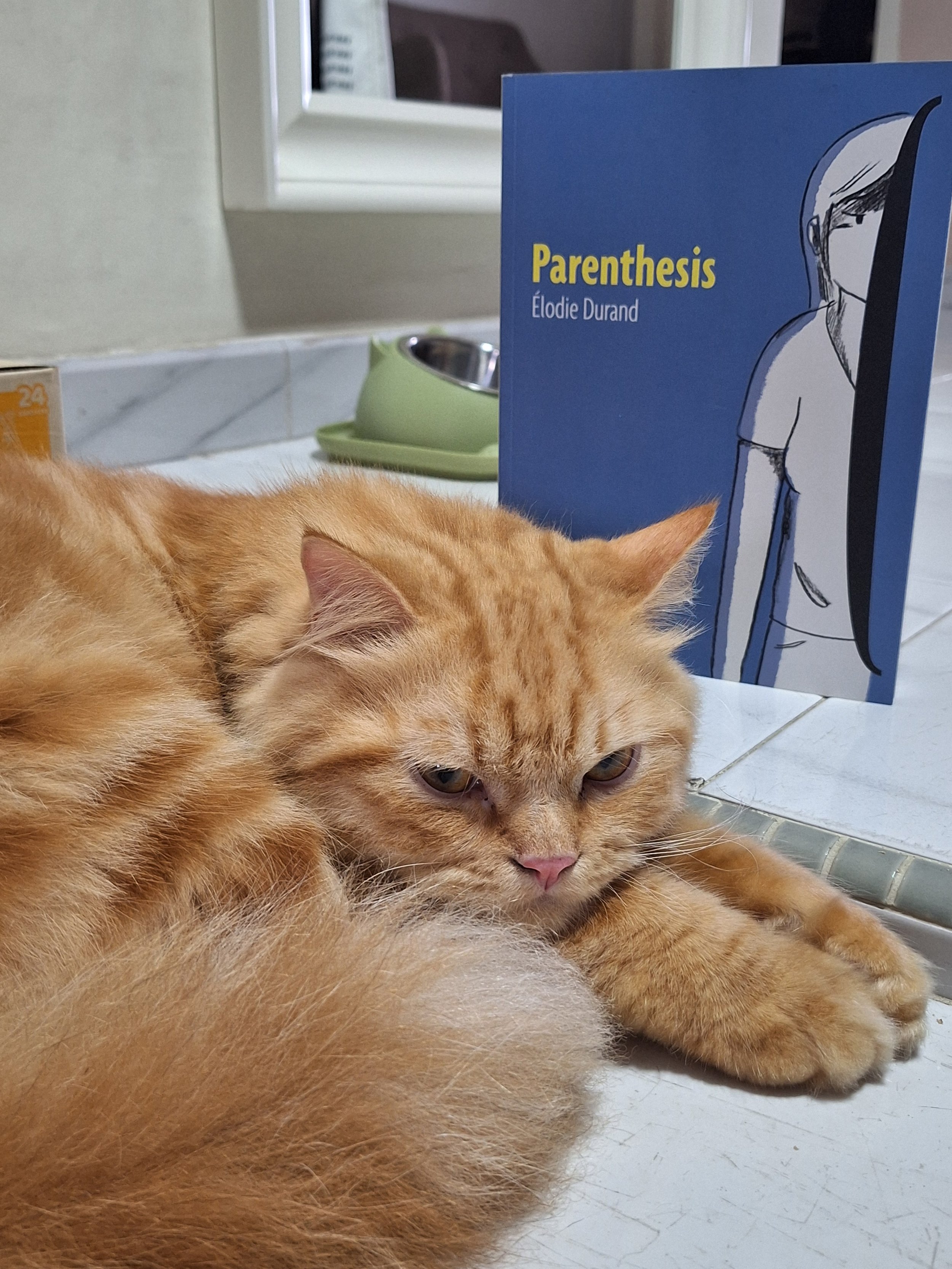
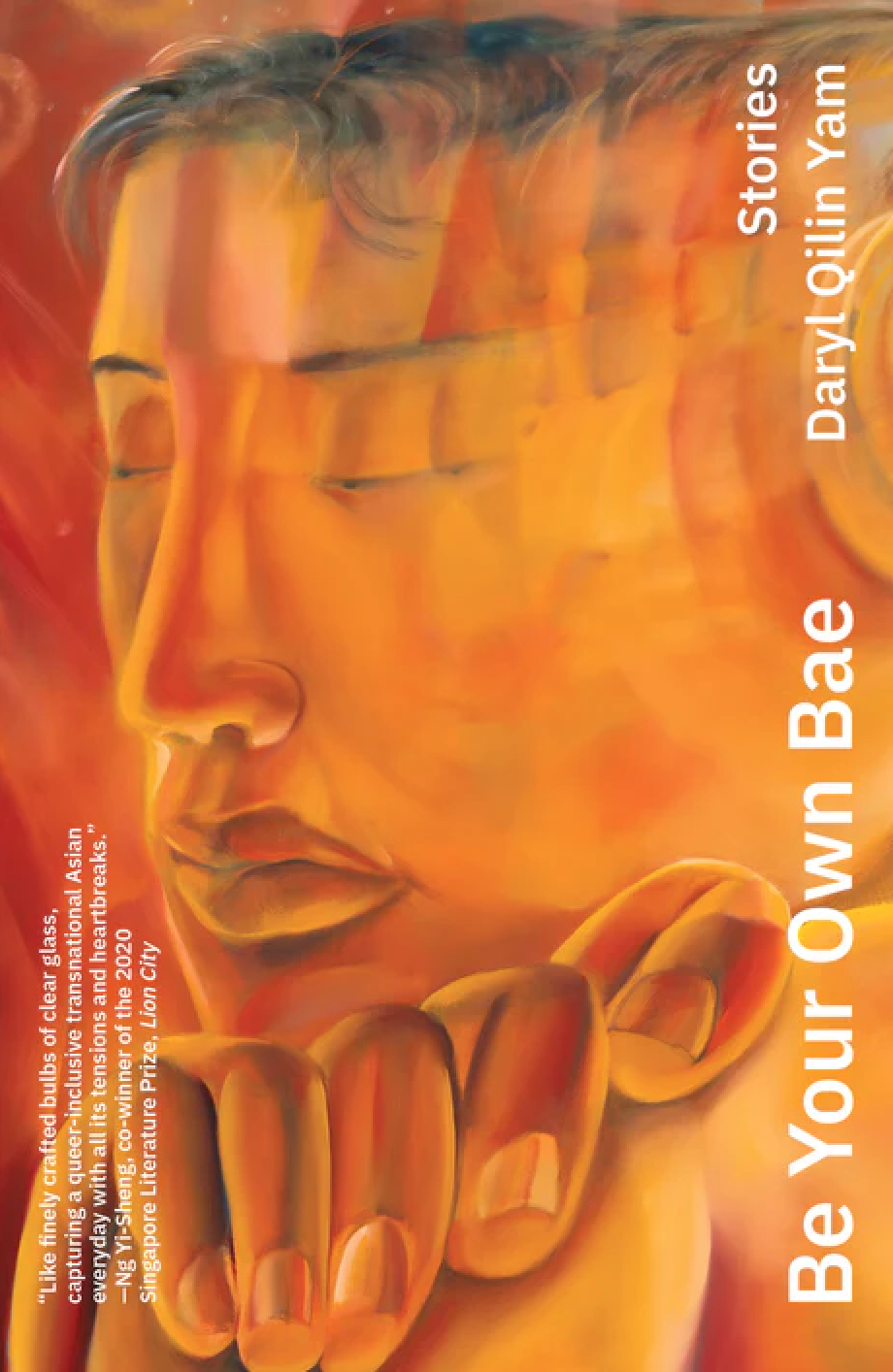
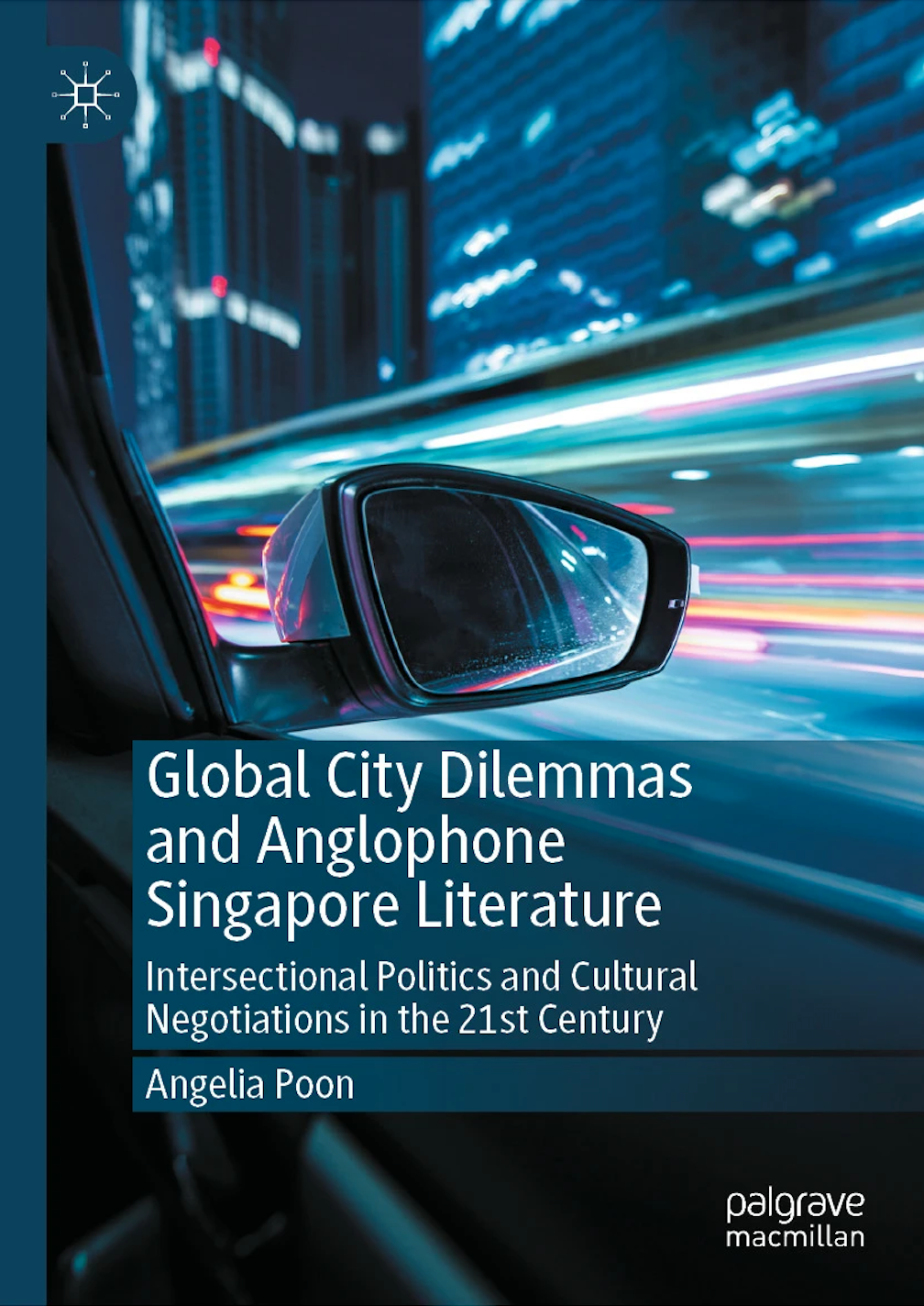
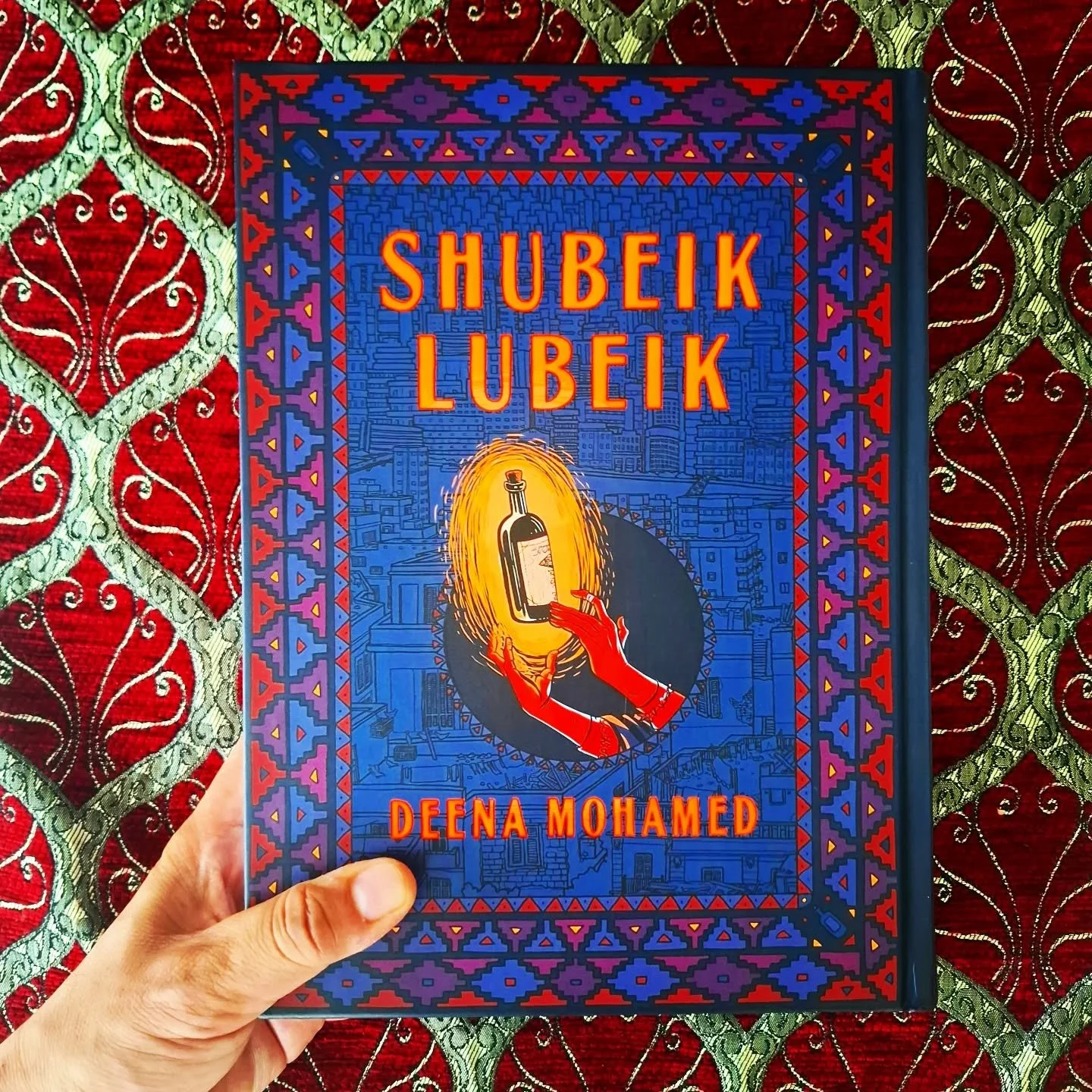



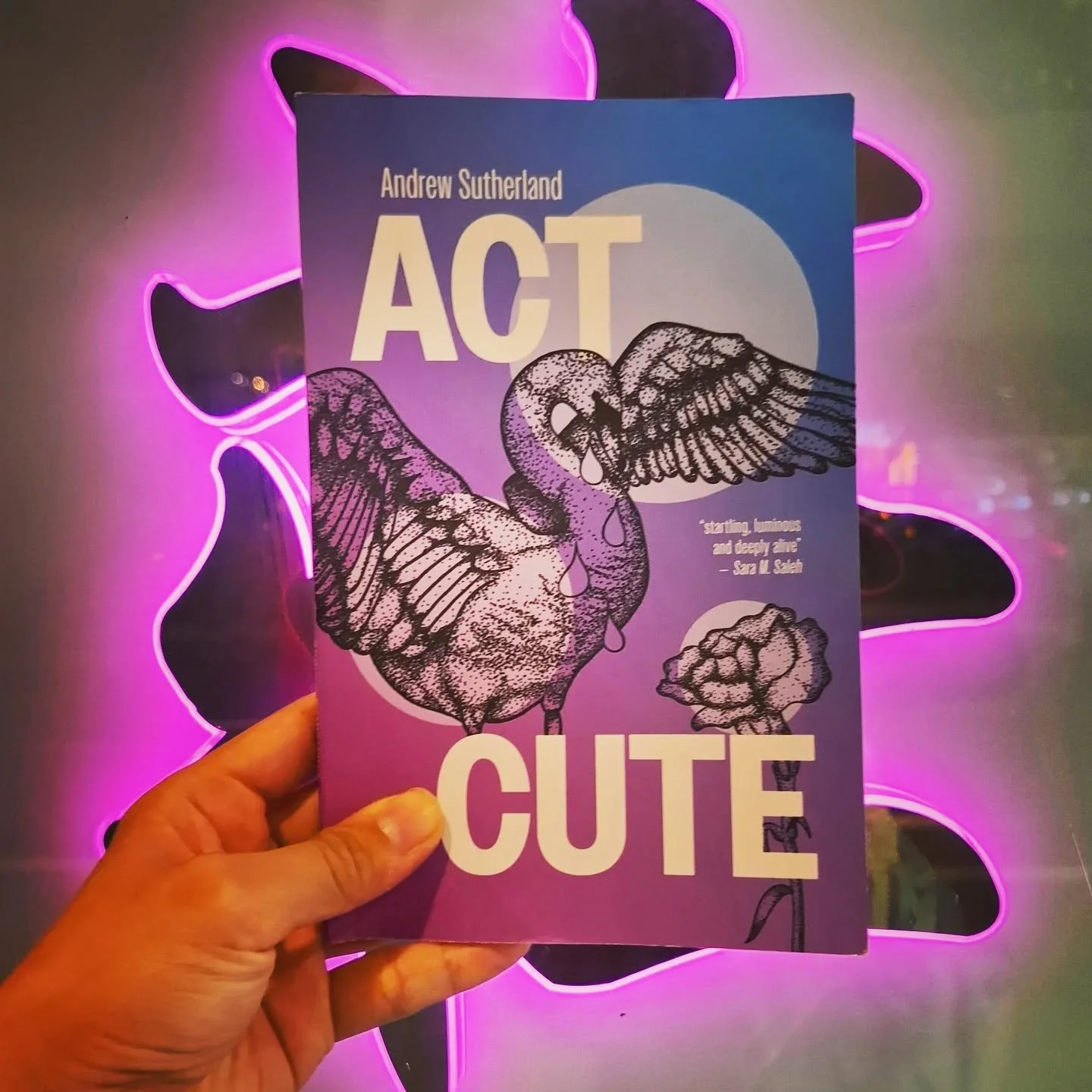
In Taiwan Travelogue, ‘twinned souls… are at once lost, but also found, in translation.’ A review by Eunice Lim.